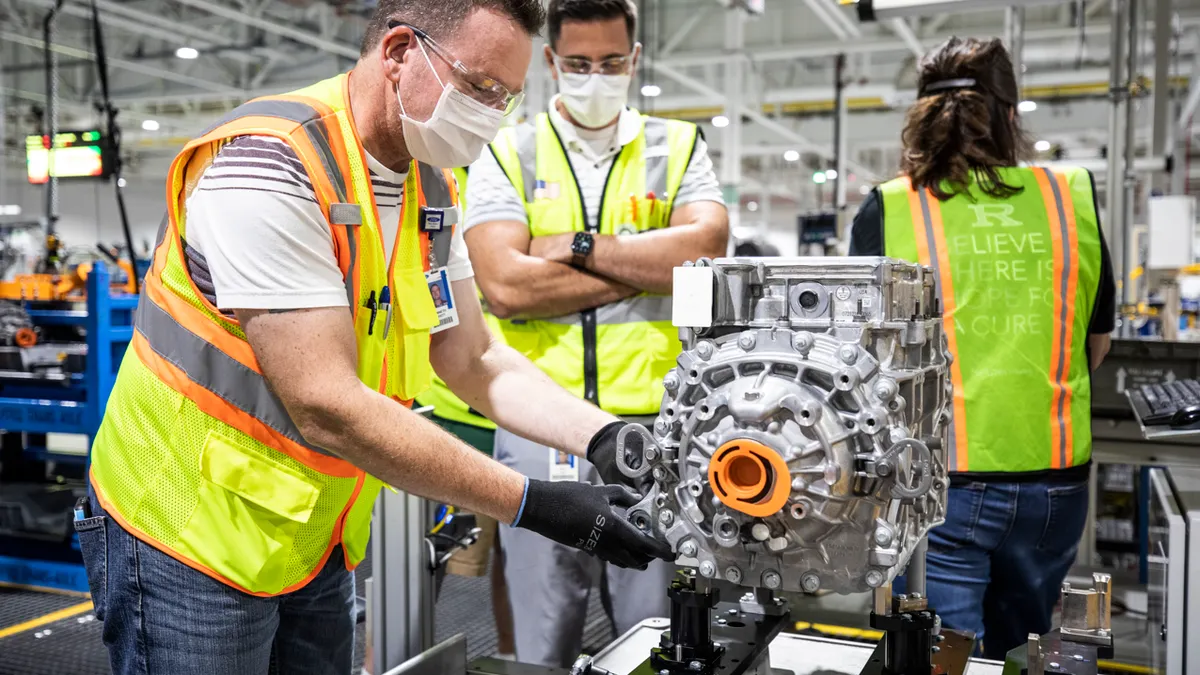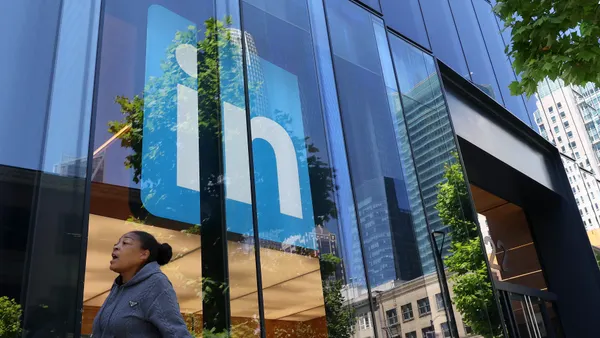Front-line employees in the U.S. have reported feelings of anxiety, anger and stress due to changes in global trade policy, according to an April 29 report from UKG.
More than half of workers believe they’re at risk of being laid off, the report found. In addition, 74% said tariffs will affect their future earnings, and 77% said tariffs hurt “Main Street” more than “Wall Street.”
“Changes in U.S. trade policy have contributed to a growing sentiment of unease and insecurity among front-line workers,” the UKG report said, “roles which are often sensitive to market fluctuations and price increases.”
In a survey of 5,000 front-line employees, 75% said the 90-day pause on tariffs has created more uncertainty because they don’t know what will happen next. Workers reported feeling nervous (65%), stressed (56%) and angry (56%) about the potential impact on their jobs.
In fact, 51% of workers said they’ve already experienced noticeable changes at work due to tariffs, and these changes have begun to affect them at work and at home.
For instance, 72% of workers said they’ve changed workplace behaviors in some way, such as working harder to prove their value (37%), voluntarily taking on more hours in case future hours are reduced (25%) and adding a new skill or certification for job security (23%).
Although the labor market remains solid for now, workers have lower consumer sentiment and expectations, according to a Bank of America report. Discretionary spending has declined across all income groups, especially among those in lower-income groups.
Notably, employees appear more likely to stay at their jobs during the next six months, according to an Eagle Hill Consulting report. The shift represents a “rising sense of unease among workers regarding their job prospects,” Eagle Hill’s CEO said.
In the tech industry in particular, more than half of hiring managers said their companies are likely to conduct layoffs within the next year, according to a General Assembly report. Workers with outdated skill sets — particularly around new artificial intelligence tools — could be the first to go, although most hiring leaders said employees slated for layoffs could potentially be reskilled.















